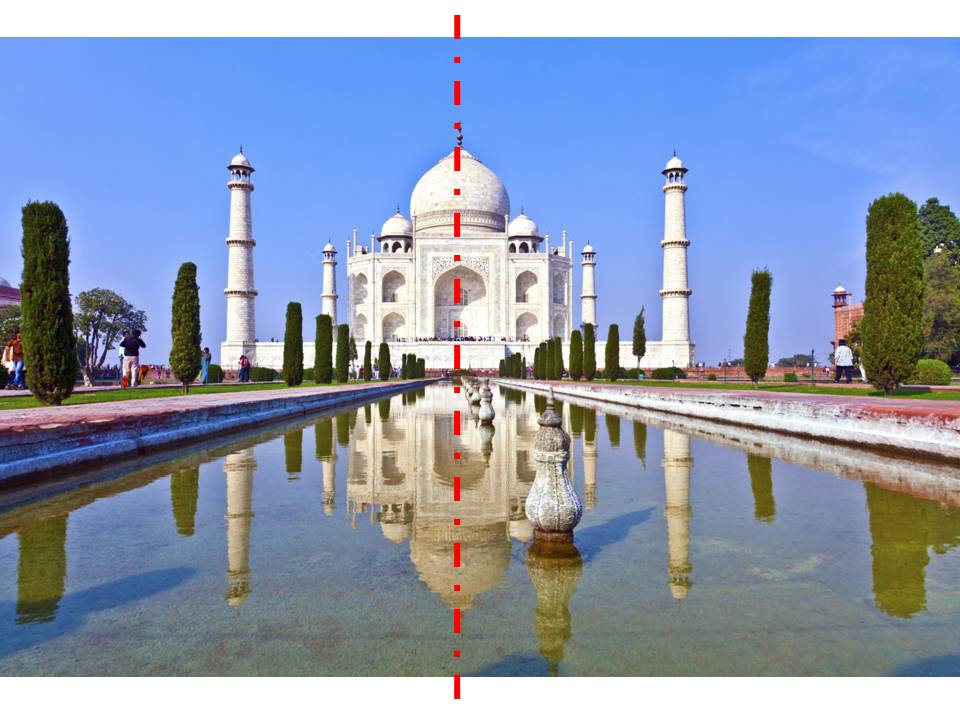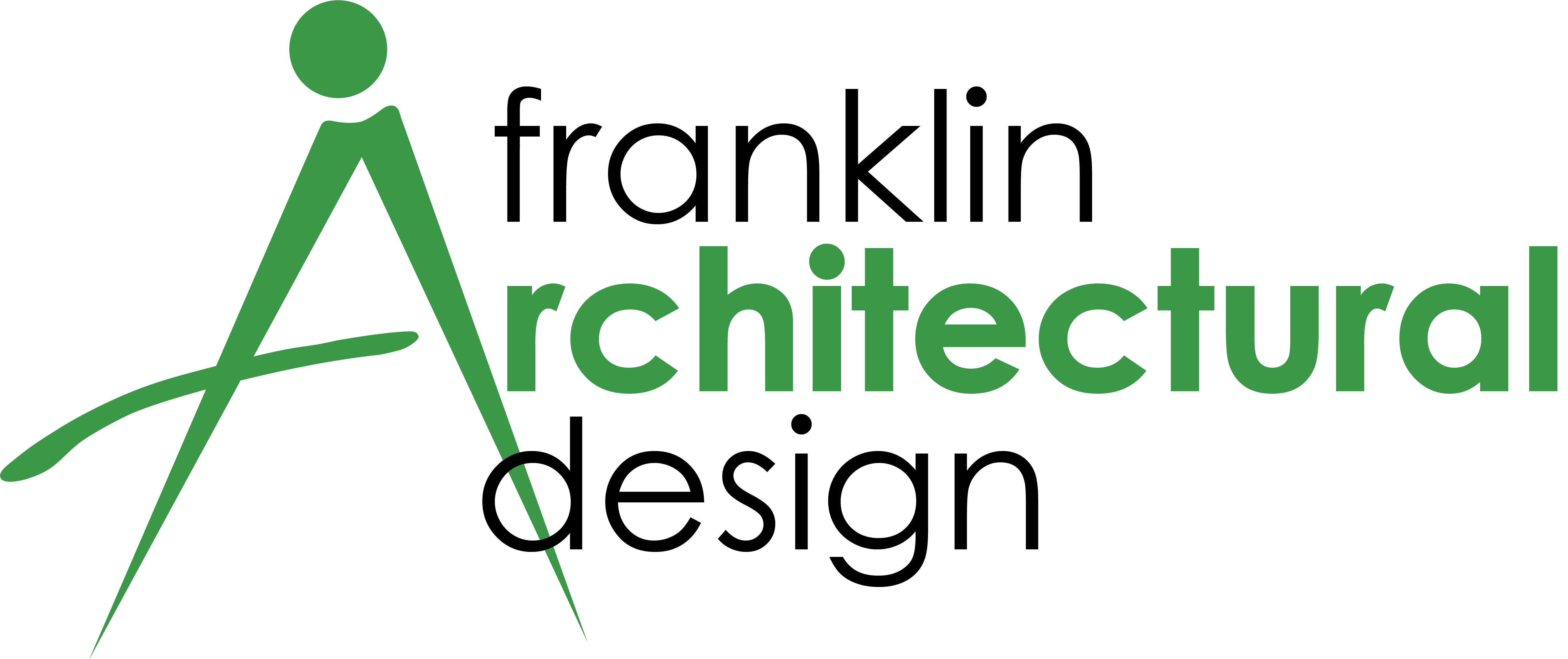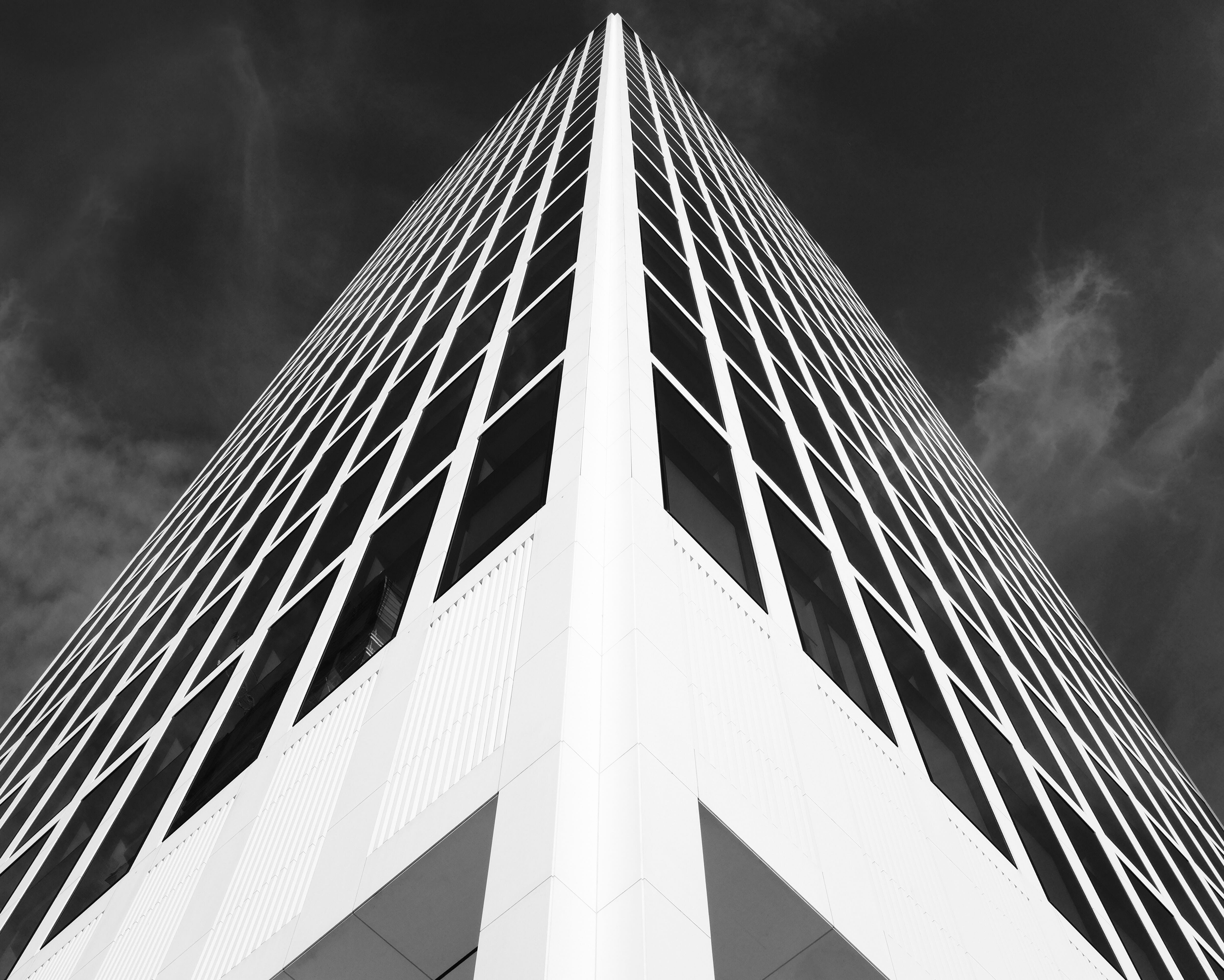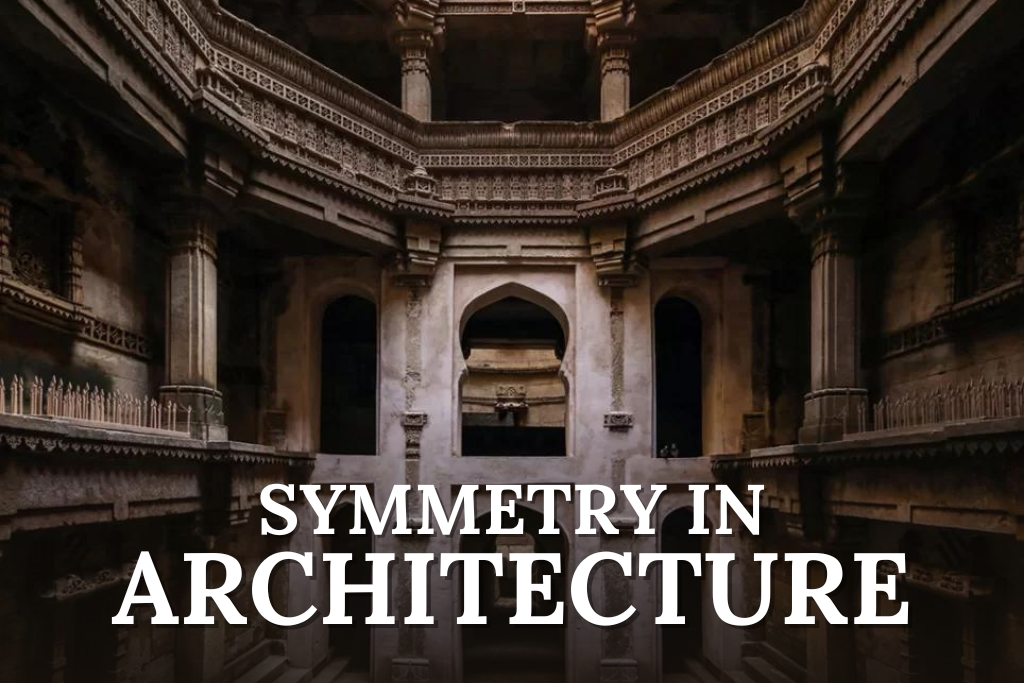Symmetry Meaning In Architecture In architecture symmetry is the reflection of shared forms shapes or angles across a central line or point called the axis Basically components that mirror each other
In architecture symmetry is a unifying concept that binds all the design aspects together and establishes a sense of rationality Symmetry plays a massive yet subtle role in architecture It helps in instilling balance order harmony stability and aesthetically appealing results in This blog post explores the significance of symmetry in architectural theory its different forms and the psychological effects it can have on viewers Readers will gain insights into how symmetry enhances modern practices and its importance in sustainable architecture
Symmetry Meaning In Architecture

Symmetry Meaning In Architecture
https://api.gharpedia.com/wp-content/uploads/2018/08/0102030003-02-Symmetry-in-Architecture3750832_xxl.jpg

How To Use Symmetry To Create Stunning Compositions Contrastly In
https://i.pinimg.com/originals/12/f1/c1/12f1c1253d0b685900fa4f1dc7193483.png

Renders Franklin Architecture
https://franklinarchitectural.co.nz/wp-content/uploads/2022/12/Franklin-Architectural-Design-Logo.png
Symmetry makes a building appear more orderly consistent and stable Additionally symmetrical structures and forms can add consistency and balance making the design more pleasing to the eye Symmetry is also an important part of creating an efficient and functional building Ultimately symmetry in architecture serves as a testament to the enduring pursuit of beauty and the innate human desire for visual harmony Whether embracing symmetry or exploring asymmetry architects continue to push boundaries shaping the future of architecture and captivating our imagination
This article delves into the multifaceted nature of symmetry exploring its historical significance perceptual aspects typology in architecture and practical implications for architects engaged in projects centered around this timeless design concept In architecture symmetry contributes to a structure s overall coherence and aesthetic value while also serving its practical purposes Architects employ symmetry in a variety of ways to give their designs distinct meanings and occupants varied experiences in space
More picture related to Symmetry Meaning In Architecture

Tales From Symmetry Medium
https://cdn-images-1.medium.com/max/1200/1*3e7ydMvKTR-eyfzpyzpHcw.jpeg

Symmetry In Photography The Ultimate Guide To Using Symmetry In Your
https://cdn.photoworkout.com/images/guides/symmetry-in-photography/symmetry-in-photography-16.jpg

Symmetry In Architecture Toward An Overdue Reassessment YouTube
https://i.ytimg.com/vi/lE_MHZu0Qmk/maxresdefault.jpg
In architecture the symmetry refers to the geometry of a building as the building is same on either side of the axis The symmetry is of two types Bilateral and Radial and is commonly used in architecture by creating two sides as mirror images of each other and can be vertical up and down axis or horizontal across the axis Design elements of the same size and shape can be aligned reflected or rotated Their repetitions are regularly spaced otherwise there is no symmetry Scaling symmetry links components visually through magnified or reduced versions of the same element
[desc-10] [desc-11]

Elevation Drawing Concept Architecture Uni Presentation Digital
https://i.pinimg.com/originals/0b/e1/35/0be1356437c90e78e3597a1c55426352.png

Gestalt Principles Of Design Symmetry Christopher Butler
https://blotcdn.com/blog_a7eb7cf1ab024efcb17c380ef69c53f4/_image_cache/02bbcdfa-45b9-4729-a80e-a6d443406d86.jpg

https://study.com › academy › lesson › symmetry-in-architecture.html
In architecture symmetry is the reflection of shared forms shapes or angles across a central line or point called the axis Basically components that mirror each other

https://thearchspace.com › importance-of-symmetry-in-design
In architecture symmetry is a unifying concept that binds all the design aspects together and establishes a sense of rationality Symmetry plays a massive yet subtle role in architecture It helps in instilling balance order harmony stability and aesthetically appealing results in

Symmetry

Elevation Drawing Concept Architecture Uni Presentation Digital

Symmetry In Architecture Where The Elegance Meets Precision

Abstract Representation Of Cosmic Symmetry On Craiyon

Symmetry Flame Ceramic Wall Tile Stoketiles

Perspective Drawing Architecture Concept Architecture Architecture

Perspective Drawing Architecture Concept Architecture Architecture

Abstract Representation Of Cosmic Symmetry On Craiyon

Reflection Symmetry Overview Examples Lesson Study

Symmetry Leaf Ceramic Wall Tile Stoketiles
Symmetry Meaning In Architecture - Ultimately symmetry in architecture serves as a testament to the enduring pursuit of beauty and the innate human desire for visual harmony Whether embracing symmetry or exploring asymmetry architects continue to push boundaries shaping the future of architecture and captivating our imagination